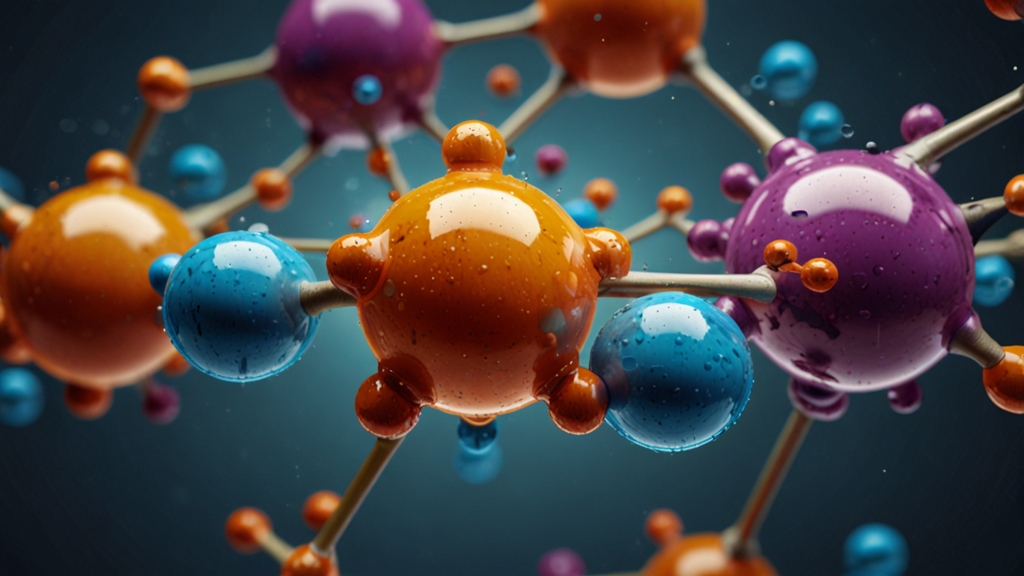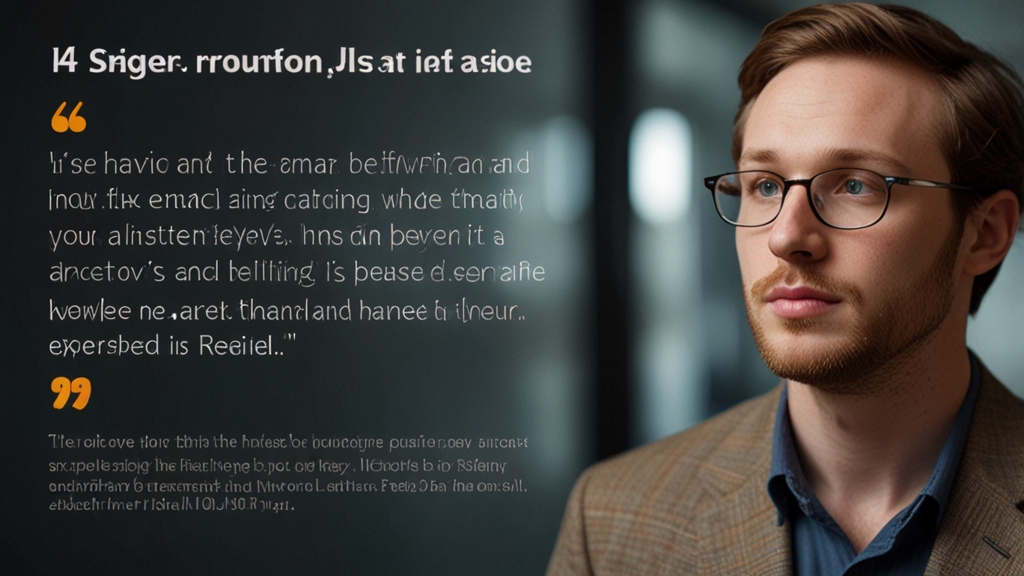Exploring the Connection Between Emotional Intelligence and Empathy
In recent years, the concepts of emotional intelligence (EI) and empathy have captivated the interest of researchers, psychologists, and everyday individuals alike. Both EI and empathy play significant roles in our personal and professional lives, profoundly impacting our relationships, decision-making processes, and overall well-being. While they are often discussed individually, the connection between emotional intelligence and empathy is both intricate and pivotal. This article delves into the relationship between these two constructs, highlighting their interdependence and collective influence.
Understanding Emotional Intelligence
Emotional intelligence, often referred to as EI, is the ability to recognize, understand, manage, and utilize emotions effectively. Daniel Goleman, a leading psychologist, popularized the term in his book "Emotional Intelligence: Why It Can Matter More Than IQ." Goleman outlines five key components of EI:
- Self-awareness: Recognizing and understanding one's own emotions.
- Self-regulation: Managing emotions in a healthy way without letting them control behavior.
- Motivation: Using emotions to pursue and achieve goals.
- Empathy: Understanding and sharing the feelings of others.
- Social skills: Navigating social complexities to build and maintain relationships.
These components collectively contribute to how effectively an individual can navigate both personal and professional landscapes. One can easily observe that empathy is deeply rooted within the framework of emotional intelligence, further indicating their significant overlap.
Defining Empathy
Empathy, a cornerstone of emotional intelligence, involves the capacity to perceive and relate to the emotions of others. It extends beyond mere recognition of others’ feelings; it encompasses understanding their emotional experiences and, at times, vicariously experiencing their emotions. Empathy is often broken down into three subcomponents:
- Affective empathy: Experiencing another person’s emotions.
- Cognitive empathy: Understanding another person's perspective and emotions.
- Compassionate empathy: Taking action to help someone in distress.
Empathy, therefore, is not just about feeling but also about understanding and taking appropriate action, which is a critical aspect of emotional intelligence.
The Interconnection Between Emotional Intelligence and Empathy
The connection between emotional intelligence and empathy can be best understood by considering their mutual dependence. Empathy is an integral component of EI, facilitating the development of other emotional intelligence aspects.
“Empathy is at the heart of emotional intelligence. Without empathy, one misses the essential data for understanding human nature and relationships. It allows us to connect, communicate, and make decisions that foster positive interactions. - Daniel Goleman”
To illustrate, self-awareness allows individuals to be attuned to their emotions, which enhances their ability to empathize. Without understanding their emotions, it becomes challenging to perceive and relate to the feelings of others. Similarly, self-regulation aids in managing one’s emotional responses while interacting with others, enabling constructive communication and relationship-building.
The Role of Empathy in Enhancing Emotional Intelligence
Empathy significantly contributes to the development and enhancement of emotional intelligence. Here’s how:
- Enhances self-awareness: By understanding others' emotions, individuals gain deeper insights into their responses and feelings.
- Improves self-regulation: Empathy encourages more thoughtful and measured responses in emotionally charged situations.
- Drives motivation: Empathy fosters meaningful connections that can inspire and motivate individuals toward common goals.
- Develops social skills: Empathy is crucial for effective communication, conflict resolution, and cooperation.
“Indeed, empathy lies at the heart of emotional intelligence because it involves tuning into the emotions of others, which is essential for creating positive social interactions. - Peter Salovey and John D. Mayer”
Conclusion
Emotional intelligence and empathy are inextricably linked, with empathy serving as a fundamental pillar of EI. The ability to understand and share the feelings of others enriches one's emotional intelligence, leading to more profound self-awareness, better self-regulation, enhanced motivation, and stronger social skills. As we continue to explore and develop our emotional intelligence, nurturing empathy will remain a crucial step toward fostering healthier, more compassionate interactions in both our personal and professional spheres.










